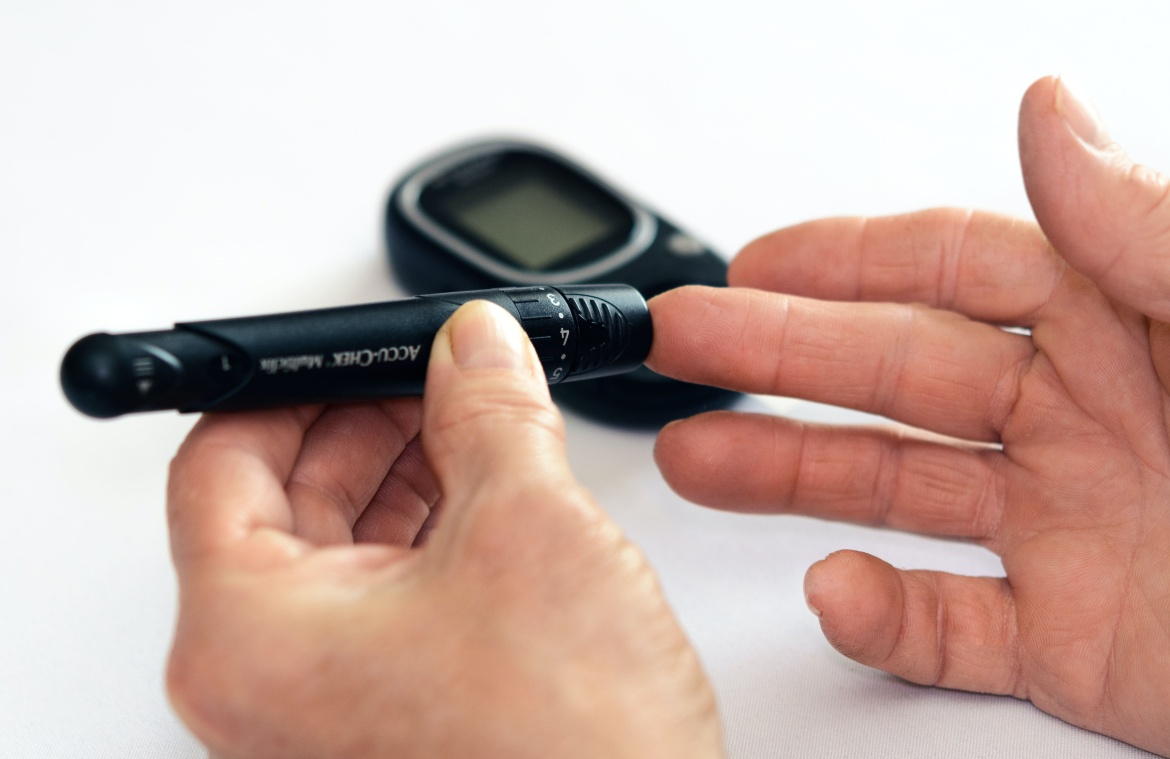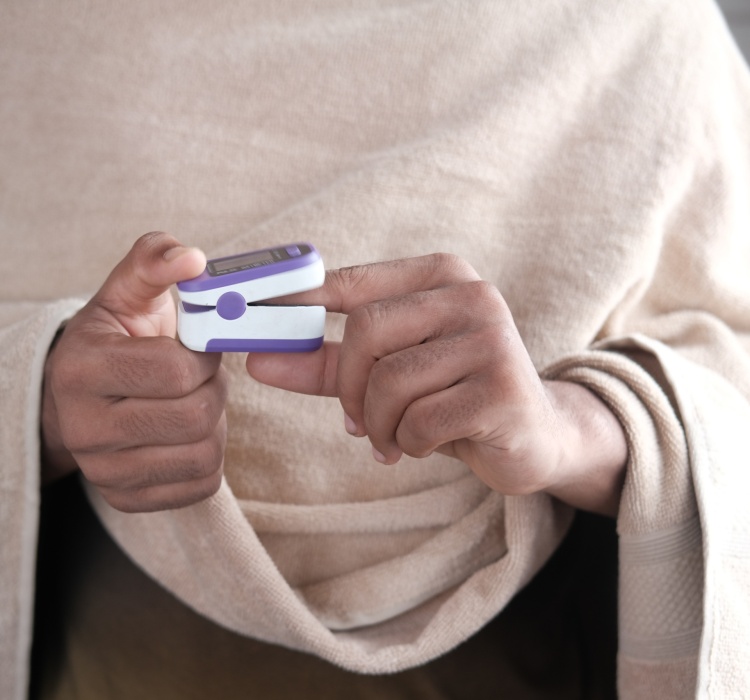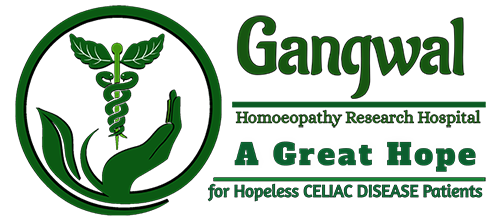
Diabetes
Diabetes is a condition that occurs as a result of problems with the production and supply of insulin in the body. Most of the food we eat is turned into glucose, or sugar, for our bodies to use for energy.
Our bodies transport glucose in our blood to muscles and tissues. In order for our muscles and other tissues to absorb glucose from our blood, we need a hormone called insulin. Without insulin, our bodies cannot obtain the necessary energy from our food. The pancreas, an organ that lies near the stomach, makes a hormone called insulin to help glucose get into the cells of our bodies. When you have diabetes, your body either doesn’t make enough insulin or can’t use its own insulin as well as it should. This causes sugars to build up in the blood.
Diabetes can cause serious health complications including heart disease, blindness, kidney failure, and lower-extremity amputations.
Diabetes is predicted by a clear set of symptoms, but it still often goes undiagnosed.

A few of the diabetes signs are:
- Increased thirst
- Increased need to urinate
- Increased hunger
- Unusual weight loss
- Increased fatigue
- Irritability
Diabetes is becoming increasingly more common throughout the world, due to increased obesity – which can lead to metabolic syndrome or pre-diabetes leading to higher incidences of type 2 diabetes.
India has an estimated 65.1 million people with diabetes. This is the second highest in the world, after China which has an estimated 98.4 million people with diabetes.
Most of the food we eat is turned into glucose, a form of glucose. We use glucose as a source of energy to provide power for our muscles and other tissues.
There are two types of Diabetes:
Type 1: Type 1 diabetes happens when your immune system destroys cells in your pancreas called beta cells. They’re the ones that make insulin.
Some people get a condition called secondary diabetes. It’s similar to type 1, except the immune system doesn’t destroy your beta cells. They’re wiped out by something else, like a disease or an injury to your pancreas.
Type 2: Some people get a condition called secondary diabetes. It’s similar to type 1, except the immune system doesn’t destroy your beta cells. They’re wiped out by something else, like a disease or an injury to your pancreas.
High blood glucose, also known as hyperglycemia, can cause major health complications in people with diabetes. Several factors can contribute to hyperglycemia—including poor food and physical activity choices, illness or disease, or not getting the right dosage of glucose-lowering medication.










